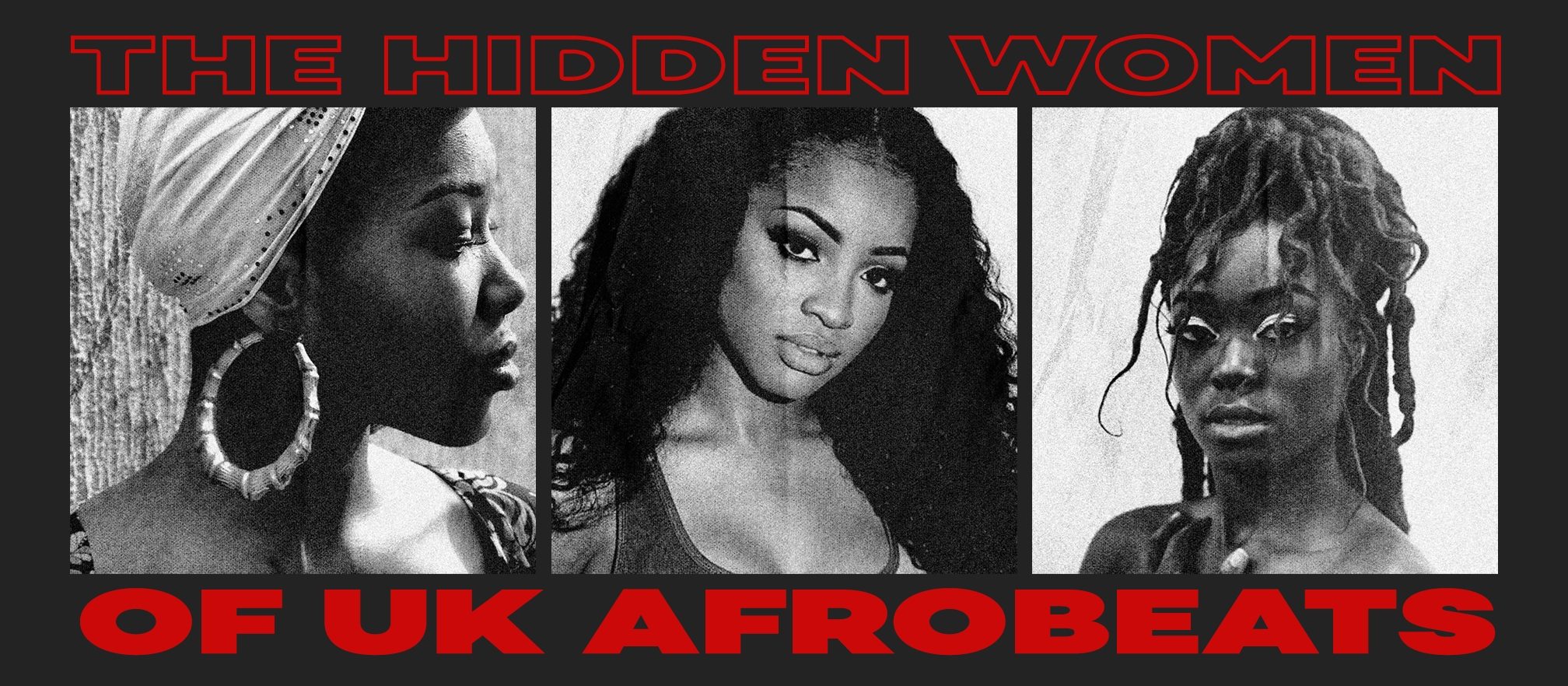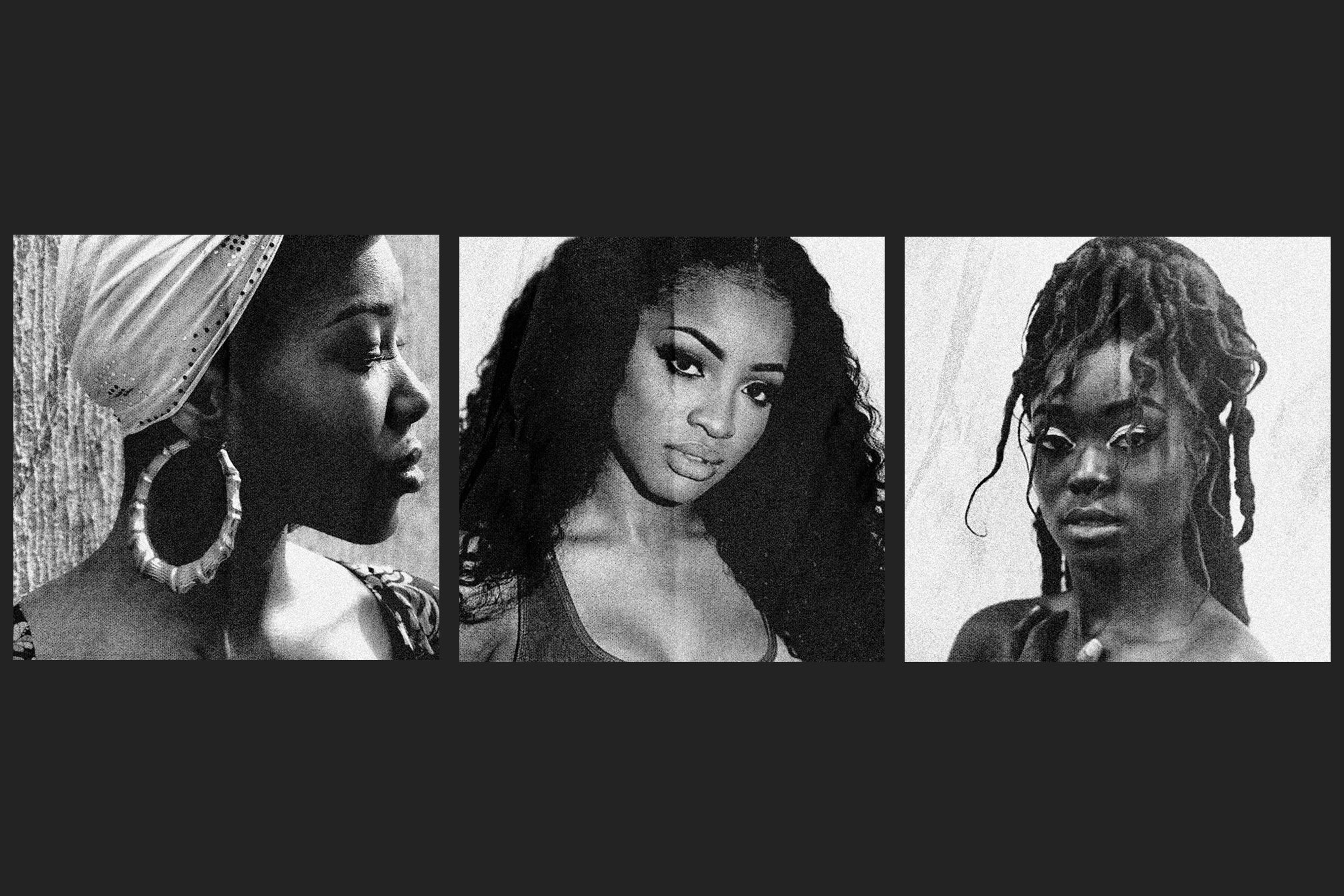 Features
Features
The hidden women of UK Afrobeats
Afrobeats is blowing up but the women of the movement are being unfairly overlooked
When you think of Afrobeats artists in the UK, who are the names who come to mind? Not3s or Maleek Berry? Moelogo? But while you’re perusing all the wonderful musicians in this genre, do you stop and think: where are all the women? When I looked through the popular playlists of UK Afrobeats on Spotify, of the five playlists I looked at, only one of them featured a woman. So I decided to do some research into where exactly all the girls are, to speak to those that are at the forefront of the scene and get some answers as to why they are all so hidden.
“Being a women in the industry is hard full stop, but when it comes to this genre it’s harder because producers and those who could potentially be a game-changer in your career do not take you seriously,” says Veeiye, who released her first single in 2017 and was included on the influential ‘Moves’ compilation by scene stalwart Afro B. “You have to constantly prove that you have a place and you can work as hard, if not harder than your male counterparts.” There is a true intensity behind her words which is evidently a result of the passion she has for what we are discussing, while also exhausted at the fact that it is still a hot topic. And as the conversation continues I'm enlightened about situations she and other women have been in that makes progressing in Afrobeats so hard. However despite this, she comes across as very secure in what she brings to the table. And her music is in parallel with her personality. With songs ‘Feenin’ and ‘Ecstasy’, her honey-smooth voice and cool vibe radiates through mature lyrics, assuring us that she is not afraid to say what she wants in life.
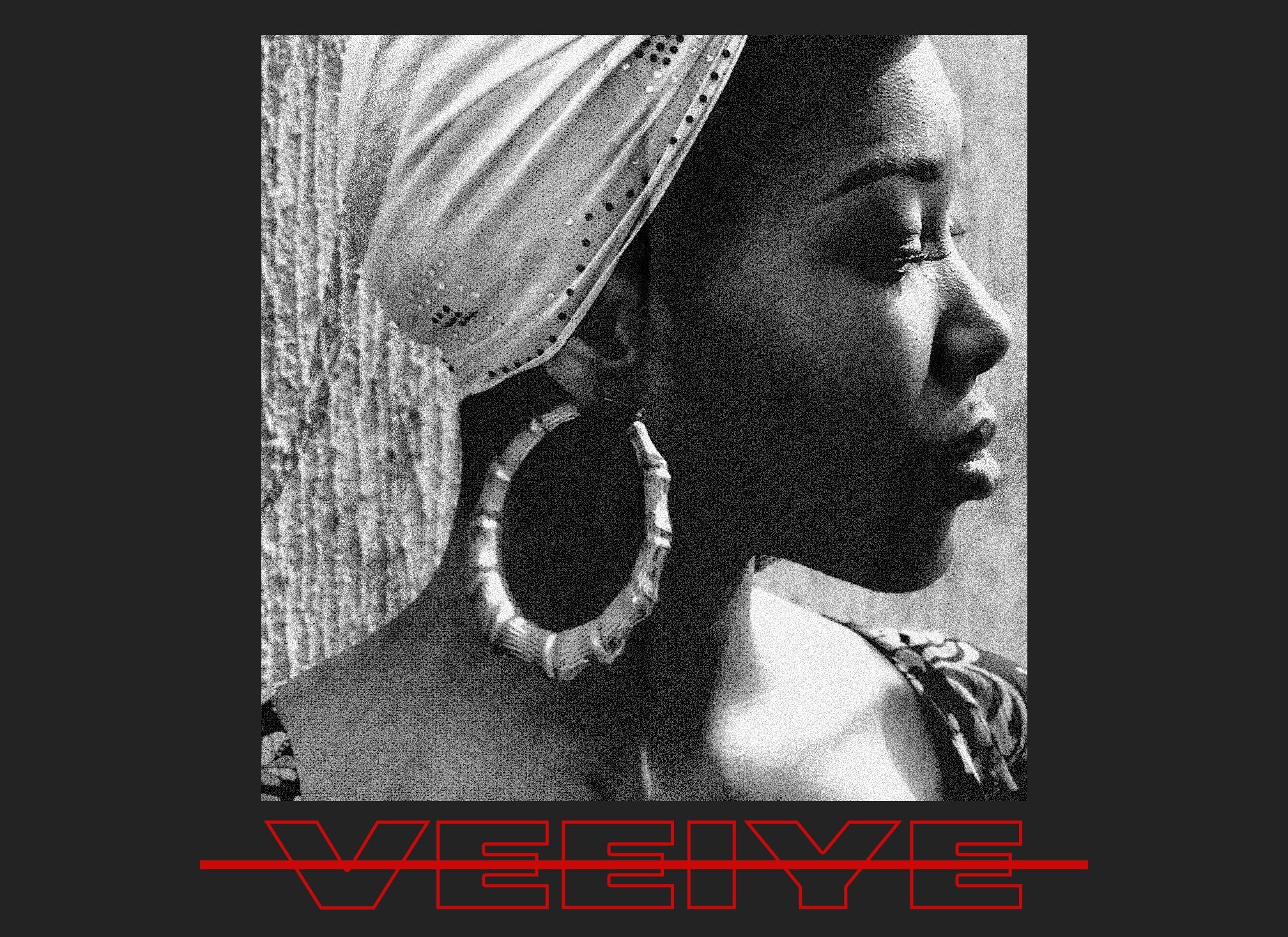
We are certainly in an era of female empowerment and freedom but still there is a loud absence of women on festival and show line-ups and even on playlists. Especially within Afrobeats, which could suggest that female artists are not getting attention even though they are incredibly talented. A rough ratio of male artists to female artists in the UK Afrobeats genre is about 10:1, with men releasing more music on average, producing more videos and headlining more shows. On paper, it may seem that the male artists are just working harder than women, but in reality that may not actually be the case.
“Working hard is not the problem,” says ‘Think To Lose You’ singer Ezi Emela. “It’s about whether people are willing to give you a chance or not.” Emela has been releasing music since 2014, and is no stranger to hard work. She cites her resilience and tough skin as the main reasons to her progress in music. “Some women probably give up easily because working with men sometimes can feel intimidating. It’s not exactly bullying, but they will push their ideas on you about your sound, your look and how you should behave. Covering it up as giving advice when actually it’s quite controlling.”
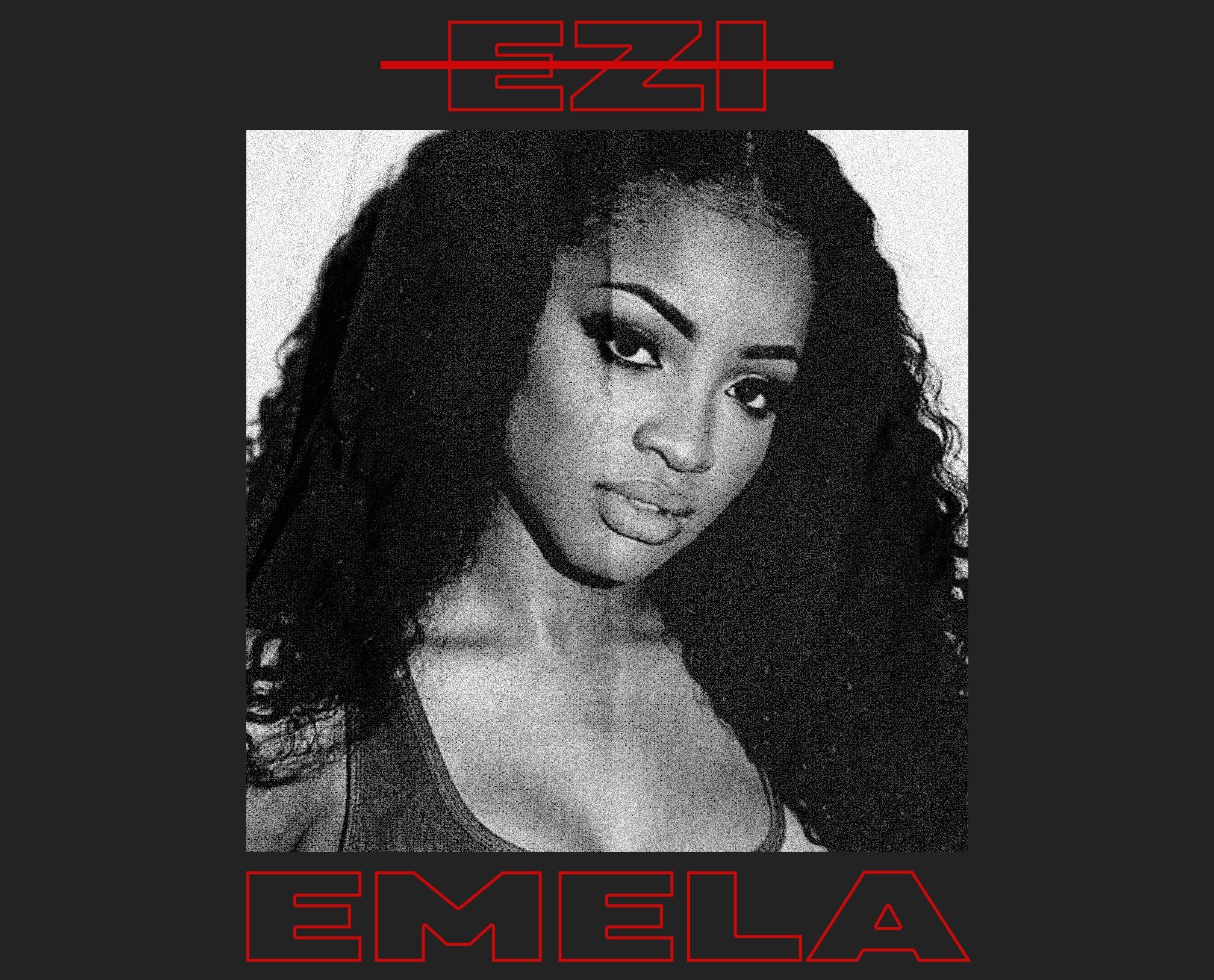
Cool and relaxed, Ezi talks me through her identity as an artist and how she found home within the Afro-Indie sub-genre. She explains that even though at the core of her music is the African sound, adapting it has made her more unique. She also has no problem presenting herself in the best way, proven in her visuals to ‘Chineke Meh’, where she gives off incredibly sexy vibes – something she is happy to do, as she does it for herself.
But on a macro level in the industry, women are placed at a higher standard to men in relation to appearance, with some careers put in jeopardy if artists do not attain a certain look. Supporting this argument is Trayc Selasi, has had many years experience in the industry as a dancer-turned-singer. “There are things you have to do as a woman artist that men simply don't have to do. And that’s taking the time to ensure you’re always looking your best as well as having to prove yourself countless times that you are more than your looks, it takes continuous effort.”
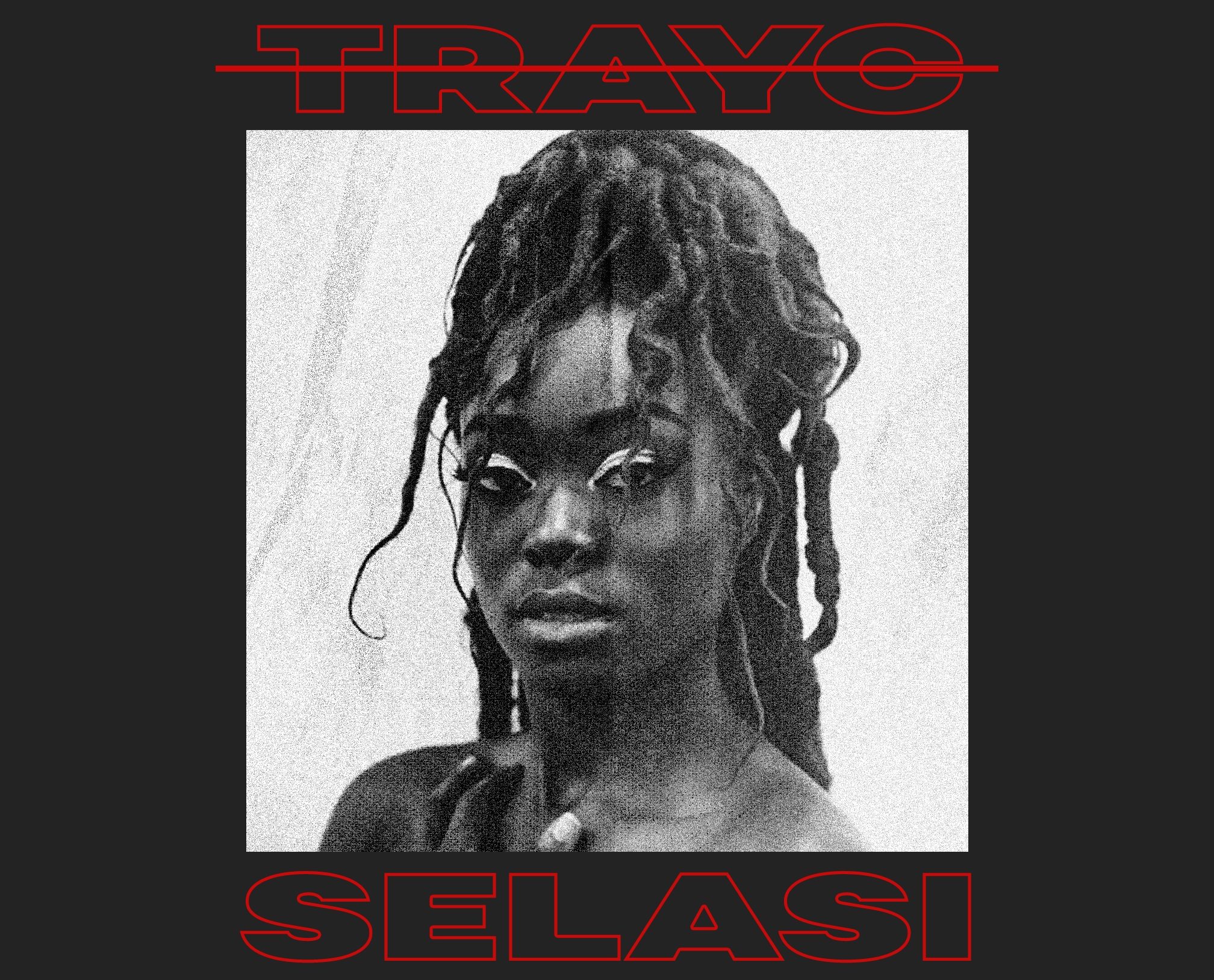
Selasi toured with Fuse ODG when Afrobeats was reaching commercial success, and during this time she found herself longing to be the one in the limelight. Due to release her debut EP this summer, Selasi has a voice that commands attention. As seen in songs ‘Rider’ and ‘Cool Down’, where she demonstrates her strong and soulful lyricism.
All three women give a different edge to Afrobeats, contributing a unique thing which proves how diverse the genre is. And this feminine side to Afrobeats has been hidden for too long in the UK. More of an effort is needed to adequately acknowledge and celebrate the female voice. So next time you think about Afrobeats in the UK, think Veeiye, Ezi Emela and Trayc Selasi as well as Tomi Agape, ZoeLDN and Vicky Sola, among other women, who are bringing raw talent to this amazing genre.
Hannah Olarewaju is a freelance journalist. Follow her on Twitter here
Lawrence Abbott is Mixmag's Digital Intern, follow him on Instagram
